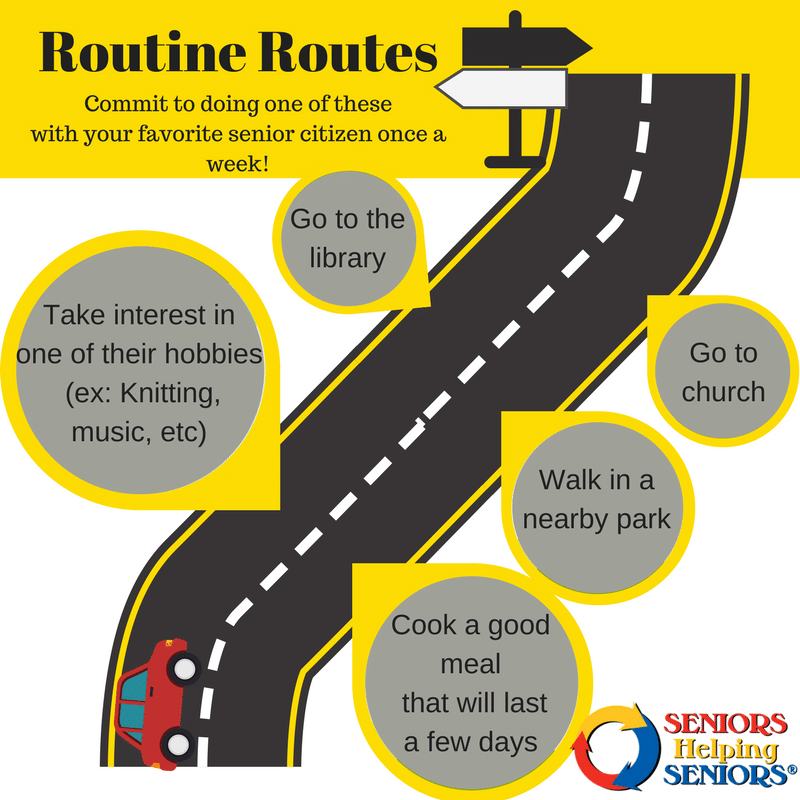As much as we want to believe that growing older will happen gracefully, it can, quite frankly, hit us like a ton of bricks. The unpredictability of our daily physical health, our balance, and our mental health can create anxiety like we have never experienced before. Routine and commitment are important to the elderly because it creates a cocoon of safety and security that lead to reduced worry.
For the Family Member or Friend…
Breaking a commitment can be a bigger deal than you might initially think. The definition of commitment, according to Merriam-Webster, is “an agreement or pledge to do something in the future.” The elderly look forward to their scheduled dates and commitments. When we are unable to keep our commitments to our elderly loved ones it sends a strong message “that we don’t value him or her,” according to Michelle Gielan of Psychology Today. When we fall into a pattern of broken promises, it can create a mental downward spiral for your elderly loved one.

The International Journal of Geriatric Psychiatry found that more than 27% of older adults who live in assisted living or are taken care of by a provider have a level of anxiety that impacts how they live their lives. What does that mean? Well the official definition of Generalized Anxiety Disorder, according to Mental Health America, is “chronic, exaggerated worry about EVERYDAY ROUTINE life and activities, lasting at least six months.” There is no need to belabor the point. I’m sure you understand. Routine is everything. The more you can encourage and take part in that routine, the happier your elderly friends will become. So what can you do? Perhaps take your friend out to tea once a week or do a puzzle. Their need for routine doesn’t need to consume your life. Just be a part of the routine!


